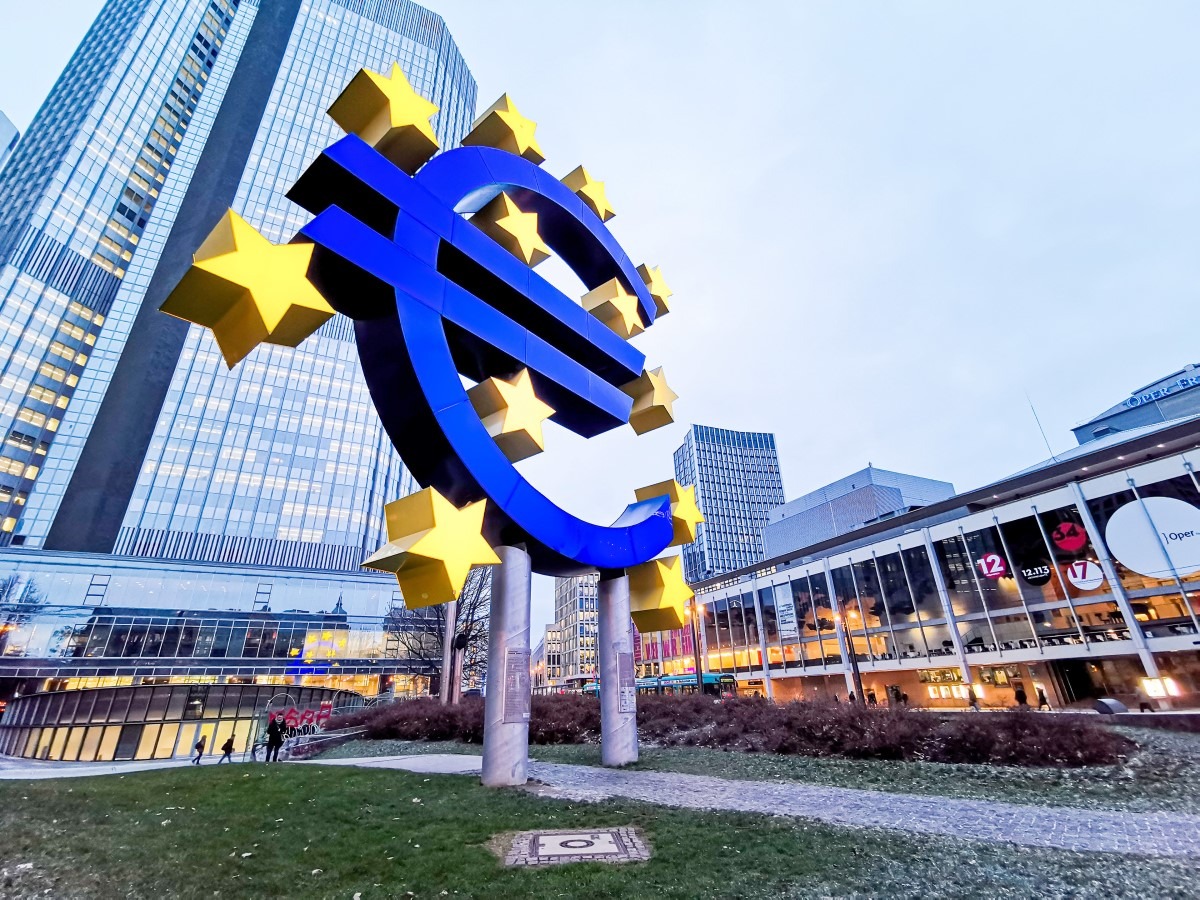The German Statistical Office announced today that the economy declined 0.2 percent. This is a worse result than expected and that the sharp rise in inflation has burdened German households’ consumption. Considering rising energy bills, a recession seems more and more likely.
The German Institute’s figures are different from Bloomberg’s estimate. This means that the economic contraction until March could still cause a recession in the largest economy in the Eurozone.
Recent indicators show that people are becoming more confident in Germany, following a mild winter and good natural gas storage. This means there is no longer a risk of shortages during the heating season.
After a period of record growth, wholesale prices of goods have started to fall, giving hope that inflation will stop sooner than expected.
However, demand is lower, and this is also happening in Sweden, where the economy unexpectedly fell in the fourth quarter, says Bloomberg.
Warnings from The Minister
Belgium’s economy achieved growth of 0.1 percent, and Latvia even by 0.3 percent. At the same time, economic confidence in the Eurozone continued to grow in January, rising to its highest level since June.
However, manufacturing orders are falling in Germany, even though there are high inventories and the supply chain has gotten better.
The government in Berlin last week forecast growth of 0.2 percent for 2023, compared with an earlier forecast of a 0.4 percent contraction.
The Minister of Economy, Robert Habek, says there might be a recession because the crisis caused by Russia’s invasion of Ukraine isn’t over.
The outlook remains uncertain, as inflation could persist, fueled by rising demands for higher wages.















